The Master said: If a student is not suitably eager to receive genuine knowledge, then I will not eagerly expound genuine knowledge. If a student does not express suitable urgency to receive genuine knowledge, then I will not urgently explain genuine knowledge. If I hold-up one corner and the student does not respectfully bring me the other three corners, then all interaction with that student immediately comes to an end. — Confucius, Analects 7.8
My above translation is exactly how an ethnic Chinese person understands this saying of the Sage known in the West as ‘Confucius’. Indeed, all interaction – even within modern China – which involves a transference of knowledge from some ‘who Knows' to someone who ‘does not know’ is premised on this short paragraph. The agency of ‘silence’ is a time where a student can re-set their mind and body to begin the interaction yet again - until the circuit is complete and the knowledge flows efficiently from teacher to student. ACW (6.6.2021)
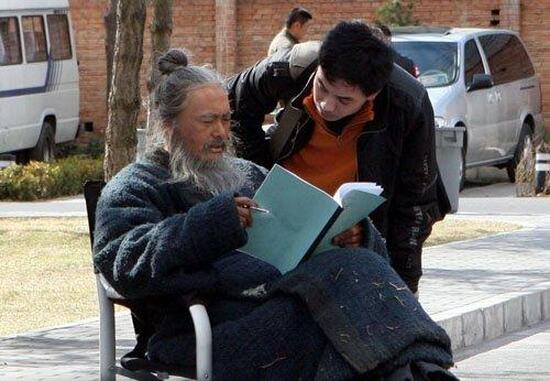
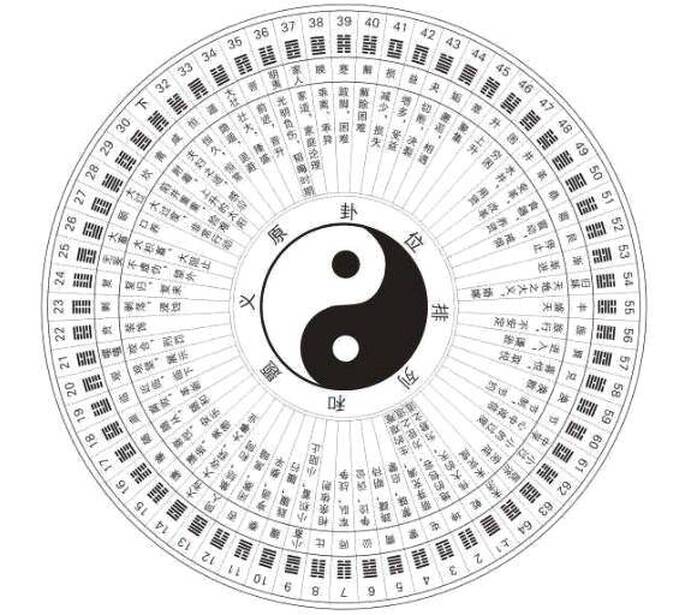
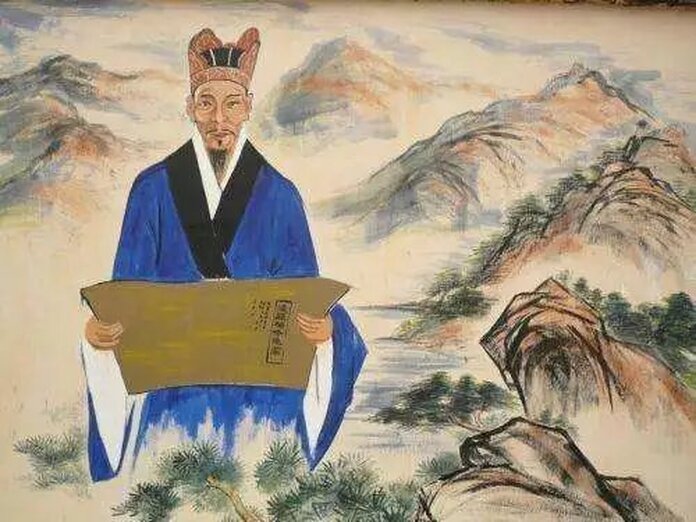
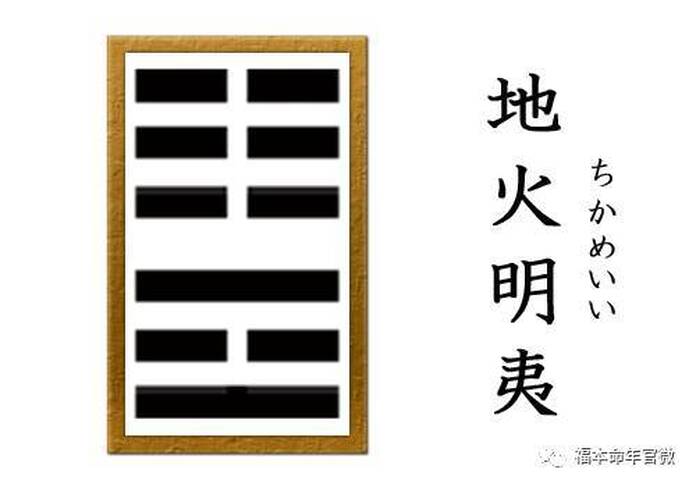
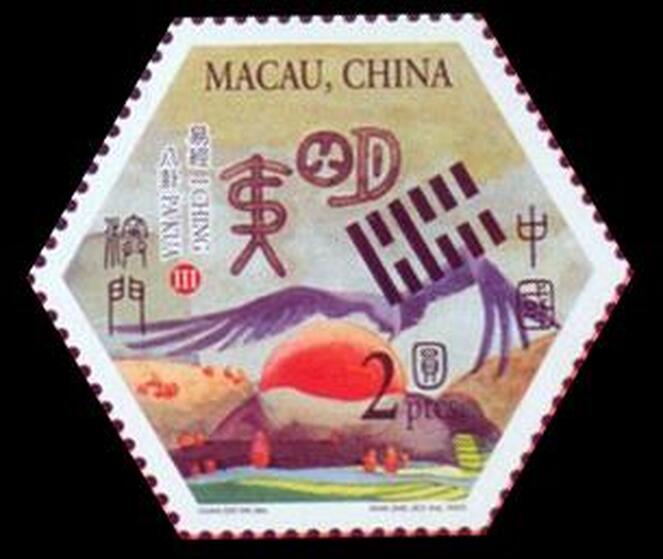
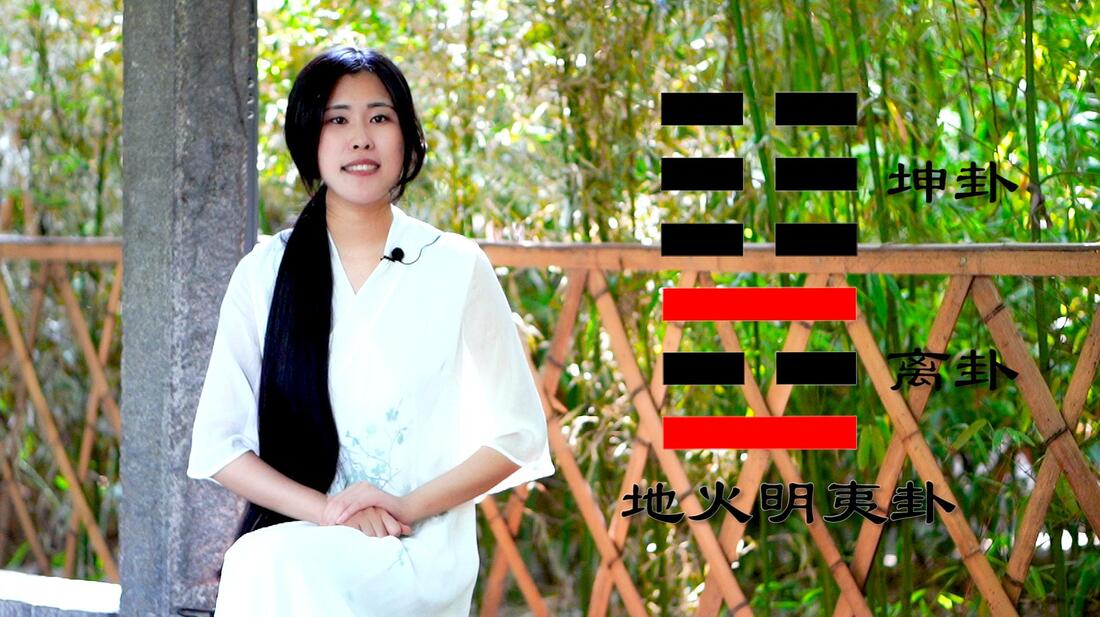
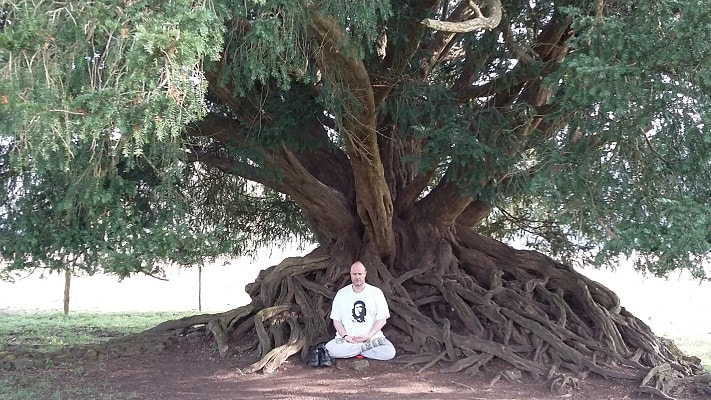
 RSS Feed
RSS Feed